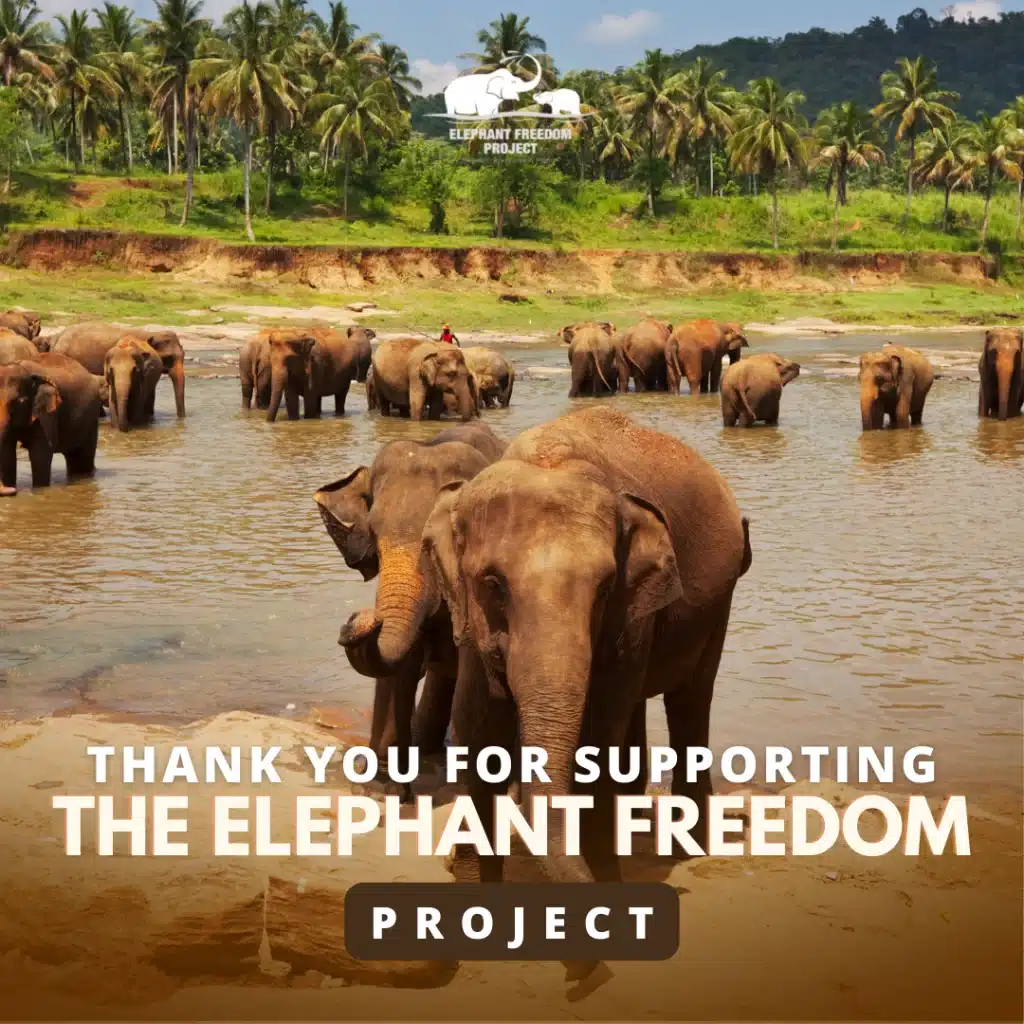
Eco-Tourism and Elephant Conservation: The Success Story of The Elephant Freedom Project in Chiang Mai
Elephants are incredible creatures that have captured the imagination of humans for centuries. However, due to habitat loss, poaching, and cruel practices within the tourism industry, elephants are now facing the threat of extinction. Many organizations have emerged to protect these magnificent animals, focusing on eco-tourism and elephant conservation. One such success story is The Elephant Freedom Project in Chiang Mai, Thailand.
The Importance of Eco-Tourism
Eco-tourism is a form of tourism that aims to eliminate the negative environmental impacts and promote conservation efforts. It focuses on educating visitors about the local culture, flora, and fauna while providing economic benefits to the community. By engaging in eco-tourism activities, tourists can help in the conservation of elephants and their habitats.
The Elephant Freedom Project: A Holistic Approach
The Elephant Freedom Project, located in the lush forests of Chiang Mai, is an example of a successful eco-tourism project focusing on elephant conservation. The elephant sanctuary in Chiang Mai aims to rescue elephants from exploitative practices and create a sanctuary where they can live freely and peacefully.
The Elephant Freedom Project believes elephants should be able to roam and thrive in their natural habitat rather than being used for entertainment or forced to work in the tourism industry. The project rescues elephants from logging camps, circuses, and riding camps where they are subjected to cruel treatment and harsh conditions. Once the elephants are brought to the elephant sanctuary in Chiang Mai, they can heal physically and emotionally. The dedicated caretakers and veterinarians provide them with proper medical care, nutritious food, and ample space to roam. The elephants are not ridden or forced to perform tricks but are free to live as nature intended.
Visitors to the Elephant Freedom Project can learn about these magnificent creatures through educational programs and guided tours. They can observe the elephants in their natural habitat, witness their social interactions, and even participate in bathing and feeding them. The focus is on creating a sustainable and ethical tourism experience that respects the well-being and dignity of the elephants. The project also contributes to the local community by providing a haven for elephants. It employs local staff members, supports sustainable agriculture, and promotes cultural preservation.
By prioritizing elephant conservation and community development, the Elephant Freedom Project is a model for responsible eco-tourism. Overall, the Elephant Freedom Project is a shining example of how tourism can be used for conservation and positive change. Its dedication to elephant welfare and sustainable practices offers visitors an immersive experience while significantly impacting the fight to protect these magnificent creatures.
Elephant Conservation – Creating a Sustainable Model
One of the biggest challenges faced by eco-tourism projects is achieving financial sustainability. The Elephant Freedom Project has successfully addressed this issue by offering a range of activities to visitors, including forest walks, bathing elephants in the river, and preparing food for them. These activities generate revenue reinvested in the elephants’ care and conservation.
Measuring Impact and Future Prospects
The Elephant Freedom Project’s success can be measured by its positive impact on both elephants and the local community. The project has successfully rescued and rehabilitated several elephants, offering them with a safe and natural environment to live in. It has also raised awareness about the importance of elephant conservation among visitors, encouraging them to make more ethical choices when interacting with animals.
Conclusion
The Elephant Freedom Project in Chiang Mai is an inspiring example of how eco-tourism can contribute to the conservation of elephants. By prioritizing education, welfare, and sustainability, the project has provided a haven for rescued elephants and created a platform for visitors to learn about their importance and contribute to their protection. As more and more people become aware of the harmful practices associated with traditional elephant tourism, initiatives like The Elephant Freedom Project offer a glimmer of hope for the future of these magnificent creatures.


